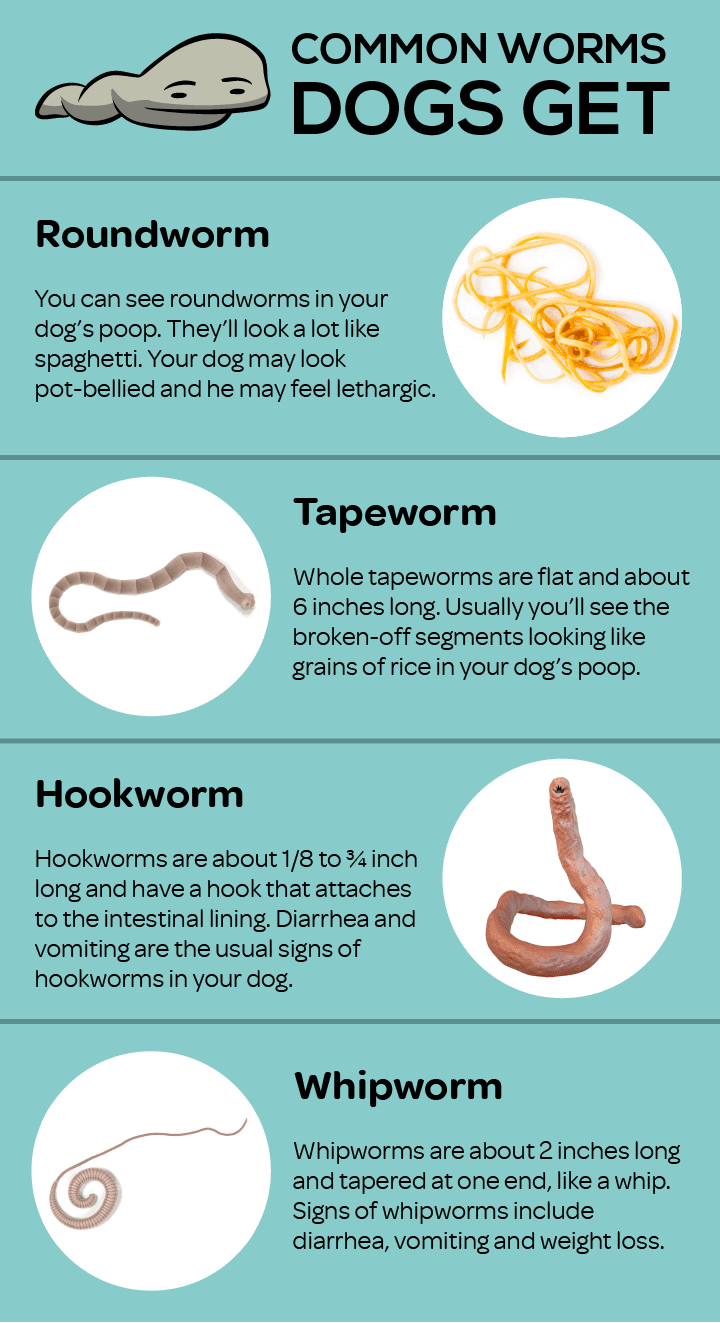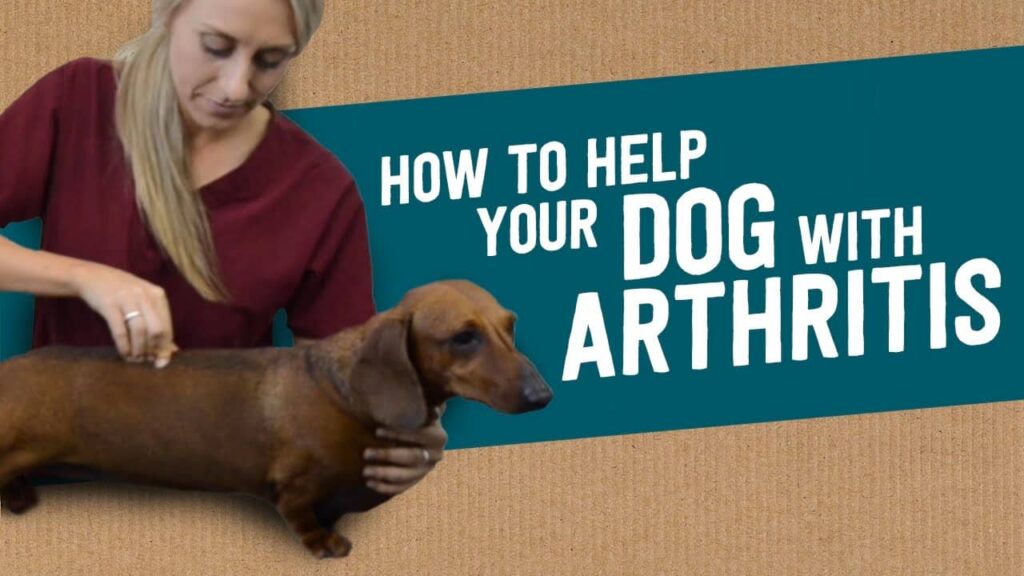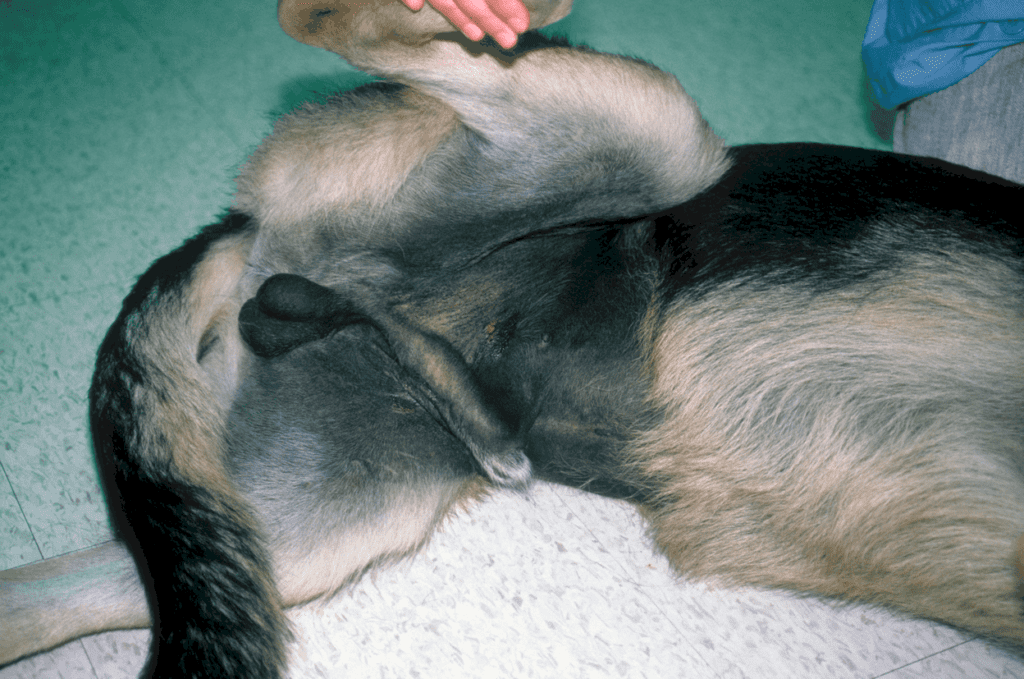Dogs are commonly exposed to worms and possible infestation—even in urban areas. Microscopic eggs produced by intestinal worms are passed in an infected dog’s feces. Most puppies, even from healthy mothers in good homes, carry roundworms or hookworms.
How a dog gets infected by worms depends on the kind of worms the dog has. There are a lot of different kinds of worms that live in dogs. All of these kinds of worms are called parasites because they feed off the dog instead of living on their own. These are not worms like earthworms; parasite worms have to get inside a dog to reproduce.
The most common ones in dogs are roundworms, hookworms, whipworms, tapeworms, and heartworms. Roundworms and hookworms are found a lot in puppies and sometimes in adult dogs. Whipworms, tapeworms, and heartworms are seen more in older dogs
The key to treatment is a correct diagnosis. This will ensure that the medication is effective against the parasite your pet has. A dewormer that eliminates roundworms, for example, will not kill tapeworms. Your veterinarian can best determine the culprit—and prescribe the correct medication.

Symptoms
Most worm infestations cause any or all of these symptoms: diarrhea, perhaps with blood in the stool; weight loss; dry hair; general poor appearance; and vomiting, perhaps with worms in the vomitus. However, some infestations cause few or no symptoms; in fact, some worm eggs or larvae can be dormant in the dog’s body and activated only in times of stress, or in the case of roundworms, until the latter stages of pregnancy when they activate and infest the soon-to-be-born puppies.
Roundworms
Roundworms are active in puppy intestines, often causing a pot-bellied appearance and poor growth. They may be seen in vomit or stool; a severe infestation can cause death by intestinal blockage.
This worm can grow to 7″ in length. Females can produce 200 thousand eggs in a day, eggs that are protected by a hard shell and exist in the soil for years. Dogs become infected by ingesting worm eggs from contaminated soil. The eggs hatch in the intestine and the larva are carried to the lungs through the blood.
Roundworm larva crawls up the windpipe and is swallowed, often causing the pup to cough or gag. Once the larvae return to the intestine, they grow into adults.
Roundworms do not typically infest adults. However, as mentioned above, the larvae can encyst in the body tissue of adult bitches and activate during the last stages of pregnancy to infest puppies. Worming the bitch has no effect on encysted larvae and cannot prevent the worms from infecting the puppies.
Although roundworms can be treated with an over-the-counter wormer found in pet stores, a veterinarian is the best source of information and medication to deal with intestinal parasites. De-wormers are poisonous to the worms and can make the dog sick, especially if not used in proper dosage.
Hookworms
Hookworms are small, thin worms that fasten to the small intestine wall and suck blood. Dogs get hookworm from coming in contact with contaminated soil. As with roundworms, hookworm larvae become adults in the intestine. Puppies can contract hookworms in the uterus and the mother can infest the puppies through her milk.
Severe hookworm infestations can kill puppies. Chronic hookworm infections are usually not a problem in older dogs. Signs include diarrhea, weight loss, anemia, and progressive weakness. Diagnosis is made by examining the feces for eggs under a microscope.
Tapeworms
Another small intestine parasite, the tapeworm is transmitted to dogs who ingest fleas or who hunt and eat wildlife infested with tapeworms or fleas. The dog sheds segments of the tapeworm containing the eggs in its feces. These segments are flat and move about shortly after excretion. They look like grains of rice when dried and can be found either in the dog’s stool or stuck to the hair around his anus. Tapeworms cannot be killed by typical over-the-counter wormer; see the veterinarian for appropriate treatment.
Whipworms
Adult whipworms look like pieces of thread with one end enlarged. They live in the cecum, the first section of the dog’s large intestine. Infestations are usually light, so an examination of feces may not reveal the presence of eggs. Several checks may be necessary before a definitive diagnosis can be made.
Can people get worms from their dogs?
Most parasitic worms are very species-specific. This means worms from dogs don’t get into people, and worms from people don’t get into dogs. Very rarely some dog worms will try to infect people and can make them sick, but the worms come from places where lots of dog eggs have been shed, like parks and playgrounds, and not necessarily from a single pet.
The best way to prevent anyone from getting infected with any worms is to make sure your dog sees your veterinarian regularly: as soon as you get a new puppy and once a year with an adult dog.




